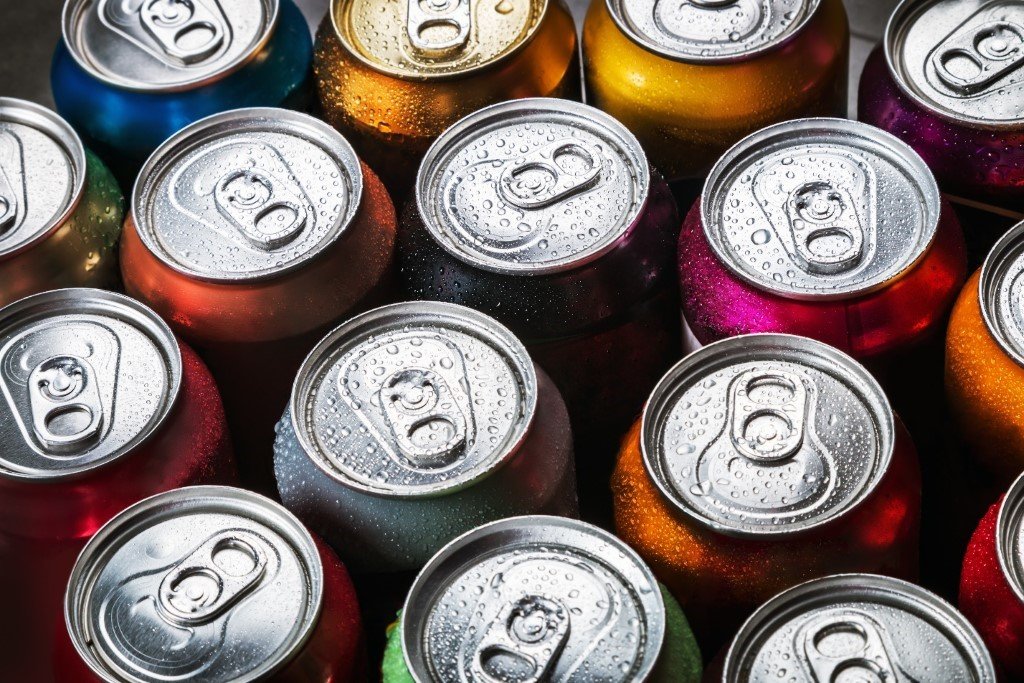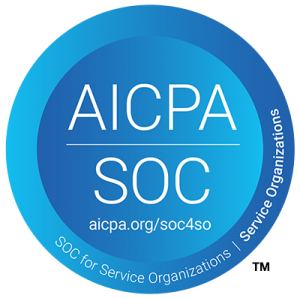Niche providers are having a significantly greater impact on the Food and Beverage industry than they were just ten years ago. Providers of craft beers and craft soft drinks have experienced substantial growth of market share in their respective segments by providing unique flavors and greater variety to the market.
For example, craft beers now represent roughly 24% of the US Beer market. The shift of consumers demand toward the craft beverage providers has in turn attracted more entrants to the market, further expanding the range of choices available.
For the mainstream beverage producers, this market shift has driven a need to respond with a wider range of offerings form their own product portfolio. As a result, they’ve experienced a rapid growth in the number of SKUs (Stock Keeping Units) they offer the market as they strive to compete and protect market share. For many producers, this has resulted in a doubling of their SKU counts over the past few years alone.
The increase in product proliferation creates a knock-on effect in supply planning for these companies. While SKU counts have doubled, most companies have not increased staffing levels in their planning departments. As a result, forecast accuracy erodes or stagnates. When companies hold staffing levels of the planning team constant, a doubling in SKU count results in roughly a 50% reduction in planning time per item. As planning time goes down there is greater likelihood of misalignment of stock levels relative to true market demand. The result is a reduction in customer service and an increase in inventory levels.
However, our solution, Replenishment+ and the use of the Demand Driven MRP methodology it supports has enabled Coca-Cola Beverages Africa (CCBA) to achieve improved on time order fill rates while substantially reducing inventory levels. CCBA’s improvements have come through pacing materials to actual demand and generating the resulting supply orders through Replenishment+, an easy to use and intuitive planning system. View this case study to learn how CCBA reduces inventory by 29% within the first 8 weeks.
To learn more about how Coca-Cola Beverages Africa optimized their supply chain with DDMRP, join Barry Anderson, Group Demand and Supply Planning Specialist at Coca-Cola Beverages Africa (CCBA) in an on-demand webinar. He will discuss how Demand Driven MRP helped CCBA achieve best-in-class service levels, compress lead times, and reduce inventory.












